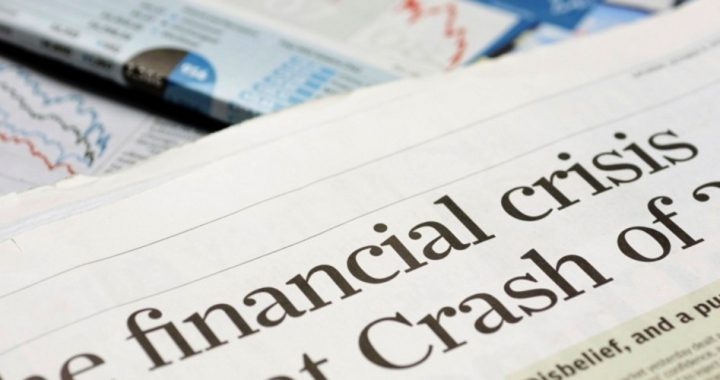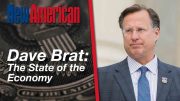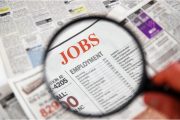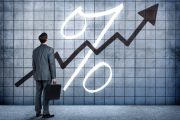
Despite his firm defense of his call that the U.S. economy entered into another recession in July this year, Lakshman Achuthan of the Economic Cycle Research Institute (ECRI) continued to be scorned by his critics. Joe Calhoun, writing in his letter to Alhambra Investment Partners’ clients on Sunday, December 9, said that although Lakshman Achuthan of ECRI “has a flawless record of predicting US recessions … there is one problem with his call: he’s been making it for over a year now … the jury is still out.”
Today the jury came in: The National Federation of Independent Business issued its Optimism Index and noted that it decreased an astonishing 5.6 points to 87.5, the lowest reading since March of 2010 and the biggest monthly drop going back to 1986. Additionally, eight of the measure’s 10 components also dropped, confirming that the slowdown is being felt across nearly every facet of the 733 businesses surveyed for the November index.
The drop exceeded the 5.4-point decrease that was reported in October 2008 following the collapse of Lehman Brothers and the 5.2-point decline in September, 2001, following the terrorist attacks on the World Trade Center.
In its press release, the NFIB noted that data from Hurricane Sandy had been removed to avoid skewing the numbers, but the remaining data “makes clear that the election was the primary cause of the decline in [small business] owner optimism.” Said NFIB’s chief economist Bill Dunkelberg, author of the report:
Something bad happened in November — and based on the NFIB survey data, it wasn’t merely Hurricane Sandy. The storm had a significant impact on the economy, no doubt, but it is very clear that a stunning number of owners who expect worse business conditions in six months had far more to do with the decline in small-business confidence.
Nearly half of owners are now certain that things will be worse next year than they are now. Washington does not have the needs of small business in mind. Between the looming “fiscal cliff,” the promise of higher health-care costs and the endless onslaught of new regulations, owners have found themselves in a state of pessimism.
When queried about general business conditions — “Do you think that six months from now general business conditions will be better than they are now, about the same, or worse?” — those expecting better business conditions fell by 37 points. The index reported that small-business owners were reducing their plans to make capital investments and build inventories because they expected lower retail sales. Consequently, the owners surveyed held out little prospect for increased earnings over that period.
On Friday, December 7, the Thomson Reuters/University of Michigan consumer sentiment survey reported that consumer confidence also fell significantly in November, reaching a four-month low at 74.5, down from 82.7 the previous month. Economists surveyed by Bloomberg had estimated the index would come in at between 80 and 88. The index also showed consumer expectations for the next six months also touching one-year lows, down to 64.6 from 77.6 in October.
These reports came in on top of the Institute for Supply Management’s Purchasing Managers Index (PMI) which fell in November to its lowest level in over three years.
Economic historians shouldn’t be surprised about the new recession indicated by these reports. The same thing happened in the middle of the Great Depression.
The recovery from the Great Depression had already begun by the spring of 1937 when industrial production, profits, and wages had reached 1929 levels. But in the summer (coinciding, interestingly, with ECRI’s call that the latest U.S. recession started in July 2012) the economy fell off the cliff, with industrial production dropping a heart-stopping 30 percent while durable goods declined even more. Producers pulled in their horns, cutting inventories and capital expenditures, just as is now being reported by the NFIB.
Non-historians, however, will likely take little comfort in any of these reports. Most will feel as if the Great Recession never ended, despite the announcement by the National Bureau of Economic Research (NBER) on September 20, 2010 that its “committee determined that a trough in business activity occurred in the U.S. economy in June 2009. The trough marks the end of the recession that began in December 2007 and the beginning of an expansion.”
Perhaps the NBER committee will review the latest report from the 733 small business owners surveyed by the NFIB and alert the media that that expansion has faltered, sending the U.S. economy back into recession once again.
A graduate of Cornell University and a former investment advisor, Bob is a regular contributor to The New American and blogs frequently at www.LightFromTheRight.com, primarily on economics and politics. He can be reached at [email protected].



